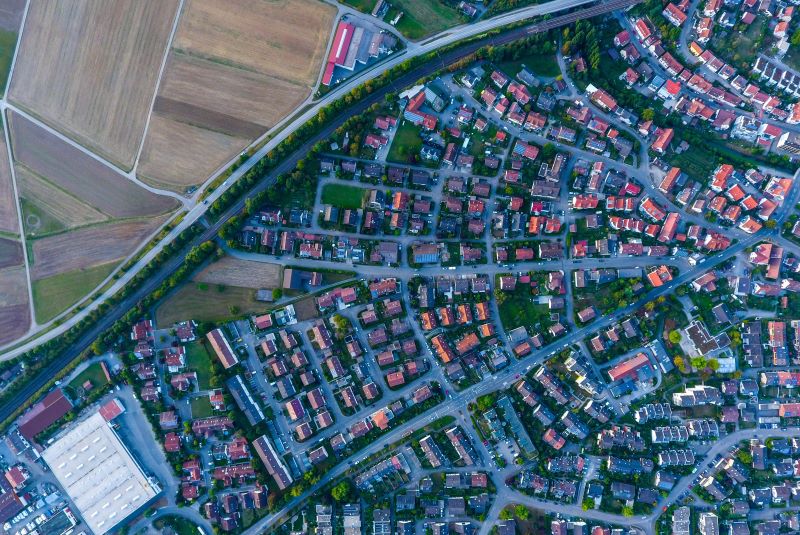DHS Secretary issues statement on DHS EINSTEIN cybersecurity program
 On January 30, Secretary of Homeland Security Jeh Johnson issued the following statement:
On January 30, Secretary of Homeland Security Jeh Johnson issued the following statement:
I have read the GAO report “DHS Needs to Enhance Capabilities, Improve Planning, and Support Greater Adoption of its National Cybersecurity Protection System” dated January 28, 2016. In this report, GAO asserts that DHS’s National Cybersecurity Protection System “is partially, but not fully, meeting its stated system objectives.” In response to this report, I wish to stress several things:
The National Cybersecurity Protection System that DHS has deployed includes the EINSTEIN system. GAO recognizes in its report the significant benefits of EINSTEIN. The first two phases of the EINSTEIN program have been deployed across all federal civilian departments and agencies. This now allows us to detect cybersecurity threats, and EINSTEIN has in fact proven invaluable to identify significant incidents.
The new and third phase of EINSTEIN, known as EINSTEIN 3A, has the ability to actively block — not just detect — potential cyber attacks. Unlike commercial products, EINSTEIN 3A can rely upon classified information, so the government is protected against our most sophisticated adversaries.
A year ago, EINSTEIN 3A protected only about 20% of the government. In the wake of the OPM intrusion, in July, 2015 I gave our cybersecurity team within DHS an aggressive deadline for making at least some aspects of EINSTEIN 3A available to all federal civilian departments and agencies by the end of last year, and they met that deadline. At present, EINSTEIN 3A is in fact protecting 50% of the government and is now available to 100% of the government. And, to date, EINSTEIN 3A has blocked over 700,000 cyber threats.
DHS will continue to ensure that every department and agency to which EINSTEIN 3A is now available is in fact protected by the program in the near future. I have communicated directly to Cabinet members to ensure that we collectively prioritize this. Recognizing the importance of EINSTEIN, Congress has also mandated that all federal civilian agencies participate in the program by the end of 2016.
The EINSTEIN system is not a silver bullet. It does not stop all attacks, nor is it intended to do so. It is part of a broader array of defenses. Further, as GAO notes correctly, the current version of EINSTEIN only blocks cyber threats we know about. But EINSTEIN also provides a platform for new technologies to protect the government. I have therefore directed our team to research and build capabilities that will allow us to detect never-before seen attacks, leveraging the best of government and private sector technology and expertise.
Cybersecurity is one of my highest priorities. During my time as Secretary, I intend to make tangible progress in improving in federal civilian cybersecurity.
Source: DHS








